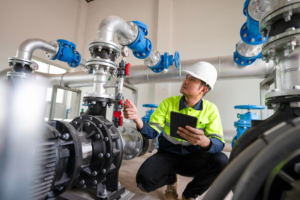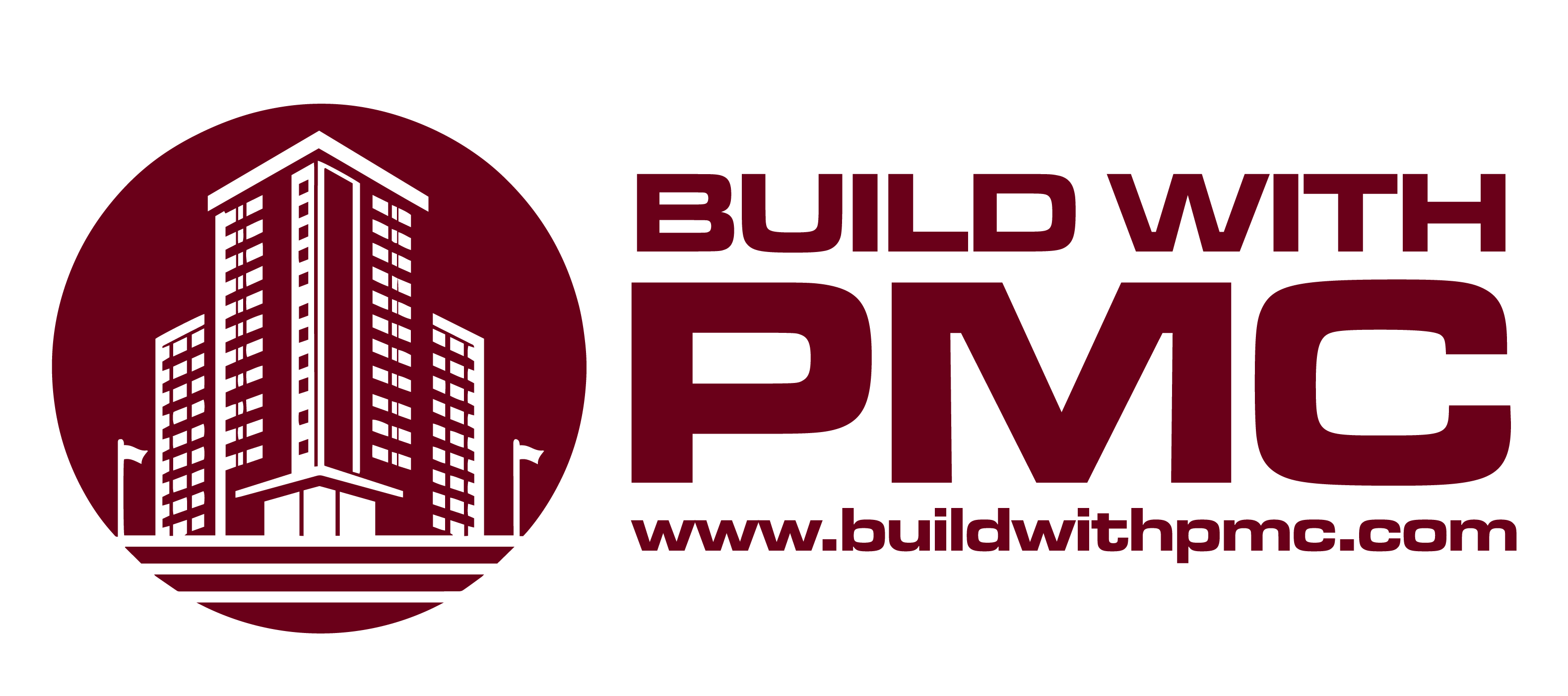Essential Tools and Technologies for Process Piping
When it comes to process piping in Southern California, having the right tools and technologies can make all the difference. From high-quality piping materials like stainless steel and PVC to advanced welding equipment and precision fittings, each component plays a crucial role in ensuring safety and efficiency. Additionally, leveraging software for design and project management streamlines workflows and enhances collaboration among teams. Emphasizing reliability and innovation, these essential tools not only meet industry standards but also cater to the unique demands of the Southern California landscape, helping businesses thrive.
Quality Materials: The Backbone of Process Piping
The choice of materials is fundamental in process piping systems. In Southern California, where environmental conditions can vary dramatically, opting for high-quality materials like stainless steel, carbon steel, and PVC ensures durability and longevity. Stainless steel, known for its corrosion resistance, is ideal for projects involving water, chemicals, or food products, while PVC offers lightweight and cost-effective options for lower-pressure applications. Choosing the right material not only extends the life of the piping system but also enhances safety and efficiency, helping businesses avoid costly repairs and downtime.
Selecting the right material not only enhances the durability of the piping system but also minimizes maintenance costs and downtime. Properly sourced materials can withstand Southern California’s unique challenges, such as seismic activity and temperature fluctuations, ensuring that the piping systems remain operational under various conditions. Ultimately, investing in quality materials is a proactive approach that safeguards both the infrastructure and the resources being transported, helping businesses avoid costly repairs while promoting efficiency and safety.

Advanced Welding Techniques for Stronger Joints
Welding is a critical aspect of process piping, ensuring that joints are secure and leak-free. In Southern California, where seismic activity is a concern, employing advanced welding techniques such as TIG (Tungsten Inert Gas) and MIG (Metal Inert Gas) can significantly enhance the strength and reliability of pipe connections. These methods allow for greater precision and control, reducing the risk of defects. By investing in skilled welders and modern welding equipment, companies can ensure their piping systems can withstand various pressures and environmental factors, ultimately safeguarding their operations.
Investing in skilled welders who are trained in these techniques can significantly enhance the overall quality of the welding work. Regular training and certification programs keep welders updated on the latest industry standards and safety practices, ensuring that they are well-prepared to tackle the challenges presented by process piping projects. By prioritizing advanced welding techniques and skilled labor, businesses in Southern California can achieve stronger, more reliable joints that enhance the overall performance and safety of their process piping systems.
Precision Fittings: Ensuring Seamless Integration
Precision fittings play a pivotal role in the success of process piping systems. In Southern California, where installations often involve complex configurations and tight spaces, having high-quality, custom-fabricated fittings is essential. These fittings, including elbows, tees, and flanges, allow for seamless integration into existing systems, minimizing the risk of leaks and ensuring optimal flow rates. By sourcing fittings from reputable manufacturers that adhere to strict quality standards, businesses can enhance their piping infrastructure’s efficiency and reliability, catering to the specific demands of their applications.
Custom Fabrication for Unique Needs
Custom-fabricated fittings are crucial for addressing the unique requirements of process piping installations. In Southern California, where every project can differ significantly, tailoring fittings like elbows and tees ensures a perfect fit within complex configurations. This customization not only enhances the structural integrity of the piping system but also facilitates smoother installation, ultimately saving time and reducing potential complications during the construction process.
Minimizing Leaks with Quality Materials
Quality materials are paramount in preventing leaks, a common issue in process piping systems. By choosing fittings made from high-grade materials that resist corrosion and wear, businesses can enhance the longevity and reliability of their systems. Utilizing reputable manufacturers who prioritize stringent quality control ensures that the fittings will perform effectively under various conditions, significantly reducing the risk of leaks and the associated costs of repairs and downtime.
Optimizing Flow Rates for Efficiency
Optimizing flow rates is essential for the efficiency of any process piping system. High-quality precision fittings play a vital role in achieving this goal by ensuring smooth transitions and minimizing resistance within the pipeline. Properly designed fittings help maintain consistent pressure and flow, which is crucial for operational efficiency. By investing in precision fittings, businesses can enhance overall performance and reduce energy consumption, contributing to a more sustainable operation.
Seamless Integration with Existing Systems
Seamless integration of new fittings into existing systems is a critical aspect of successful process piping installations. High-quality fittings are designed to match the specifications of current piping infrastructure, reducing the need for extensive modifications. This compatibility minimizes installation time and costs while ensuring that the overall system remains cohesive and efficient. By sourcing the right fittings, businesses can facilitate smoother transitions and enhance the performance of their piping networks.
Reliability Through Reputable Sourcing
Sourcing fittings from reputable manufacturers is essential for ensuring the reliability of process piping systems. Established manufacturers adhere to strict quality standards and industry regulations, which guarantees that their products meet the demands of various applications. By prioritizing reputable suppliers, businesses can have confidence in the durability and performance of their fittings, ultimately leading to safer operations and long-term savings through reduced maintenance and repair needs.
Innovative Software Solutions for Project Management
In the fast-paced world of process piping, innovative software solutions can significantly improve project management. Tools such as CAD (Computer-Aided Design) software facilitate precise design and layout, enabling engineers to visualize and troubleshoot piping systems before installation. Additionally, project management software streamlines communication among teams, schedules tasks, and tracks progress in real-time. By adopting these technologies, companies in Southern California can enhance collaboration, reduce errors, and deliver projects on time and within budget, ultimately boosting their competitiveness in the market.
Safety Equipment: Protecting Workers and Assets
Safety is paramount in the process piping industry, especially in a bustling area like Southern California. Investing in appropriate safety equipment, such as personal protective gear, gas detectors, and safety valves, helps protect workers and minimize risks associated with leaks or hazardous materials. Regular safety training and adherence to OSHA regulations ensure that employees are well-prepared to handle potential dangers. By prioritizing safety equipment and practices, companies can foster a culture of safety that not only protects their workforce but also enhances productivity and operational efficiency.
Sustainability Practices in Process Piping
Sustainability is becoming increasingly important in the process piping industry, especially in environmentally conscious regions like Southern California. Companies are now exploring eco-friendly materials, such as recycled pipes and green insulation options, to reduce their carbon footprint. Additionally, adopting technologies that enhance energy efficiency, like advanced flow meters and control systems, can lead to significant resource savings. By integrating sustainability practices into their operations, businesses can not only meet regulatory requirements but also attract environmentally conscious clients, enhancing their reputation and long-term viability in the market.
Conclusion
The right tools and technologies are crucial for the success of process piping systems in Southern California. From high-quality materials to advanced welding techniques and precision fittings, each element contributes to creating reliable and efficient piping infrastructures. By investing in these essential components, businesses can enhance safety, minimize downtime, and optimize their operations, ensuring they meet the unique demands of their projects.
For more information or to discuss your process piping needs, contact PMC INC at (562) 905-3101. We’re proud to serve Southern California and are here to help you achieve your goals.
